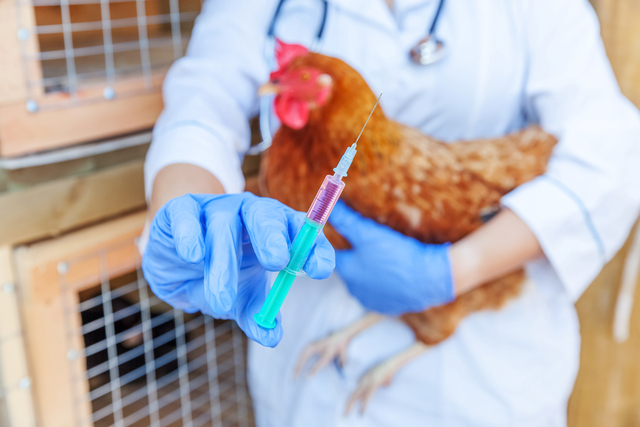Despite the detection of bird flu fragments in pasteurized milk, experts confirm that the pasteurization process ensures safety for consumers.
Recent findings from the U.S. Food and Drug Administration (FDA) revealing traces of bird flu in commercial milk samples have raised public concern, but health experts and federal agencies ensure that pasteurized milk remains safe to drink.
The FDA’s investigation detected fragments of the highly pathogenic avian influenza (HPAI), commonly known as bird flu, in approximately one in five retail milk samples. The prevalence of these viral fragments was notably higher in regions where dairy cattle had been infected. Despite these findings, the FDA emphasized that the presence of viral remnants does not pose a risk to consumers, as the integrity and infectious potential of the virus were compromised.
Embed from Getty ImagesPasteurization: A Proven Safety Measure
Pasteurization, a mandatory process for commercially sold milk in the United States, involves heating milk to a specific temperature for a brief period. This method effectively eliminates pathogens that can cause disease, including viruses like HPAI. Dr. Scott Pegan, a professor at the University of California, Riverside, highlighted the effectiveness of pasteurization in neutralizing threats such as the H5N1 virus and other bacteria.
Experts reiterated that while viral fragments were detected, the pasteurization process had already inactivated any viable virus, rendering the milk safe for consumption. Dr Edward Liu, an infectious diseases specialist, compared the detection of these fragments to finding residual genetic material from viruses like COVID-19 in patients long after they have recovered; these remnants are no longer capable of causing infection.
Concerns Over Raw Milk Consumption
The FDA strongly advises against the consumption of raw milk, which has not undergone pasteurization. Unlike pasteurized milk, raw milk can harbour live pathogens capable of causing disease. The recent findings have prompted renewed calls for consumers to avoid unpasteurized milk, especially from areas where cattle have been affected by the H5N1 virus.
Monitoring and Recommendations
As the situation develops, the FDA, along with other health agencies, continues to monitor the impact of bird flu on dairy products. The agency has also advised dairy producers to exercise caution in handling milk from affected cows to prevent further spread of the virus.
In summary, while the detection of bird flu fragments in milk may sound alarming, the rigorous safety measures in place, including pasteurization, ensure that the risk to public health remains low. The FDA, supported by expert opinions, confirms the safety of the commercial milk supply, encouraging consumers to continue enjoying milk and dairy products without fear.
